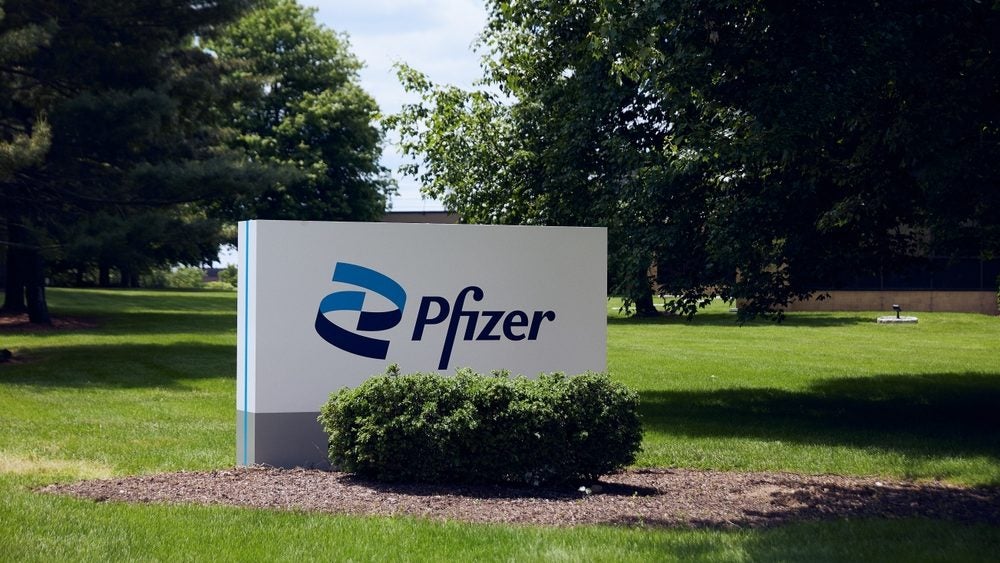Ibuprofen trelamine hydrochloride is under clinical development by Techfields Pharma and currently in Phase III for Osteoarthritis Pain. According to GlobalData, Phase III drugs for Osteoarthritis Pain have a 37% phase transition success rate (PTSR) indication benchmark for progressing into Pre-Registration. GlobalData’s report assesses how Ibuprofen trelamine hydrochloride’s drug-specific PTSR and Likelihood of Approval (LoA) scores compare to the indication benchmarks. Buy the report here.
GlobalData tracks drug-specific phase transition and likelihood of approval scores, in addition to indication benchmarks based off 18 years of historical drug development data. Attributes of the drug, company and its clinical trials play a fundamental role in drug-specific PTSR and likelihood of approval.
Ibuprofen trelamine hydrochloride overview
It was under development for pain of the lumbar spine, acute pain, gouty arthritis, rheumatoid arthritis (RA), edema, degenerative (neck and back) disease, prostatitis and fever.
For a complete picture of Ibuprofen trelamine hydrochloride’s drug-specific PTSR and LoA scores, buy the report here.
Premium Insights
From

The gold standard of business intelligence.
Blending expert knowledge with cutting-edge technology, GlobalData’s unrivalled proprietary data will enable you to decode what’s happening in your market. You can make better informed decisions and gain a future-proof advantage over your competitors.





